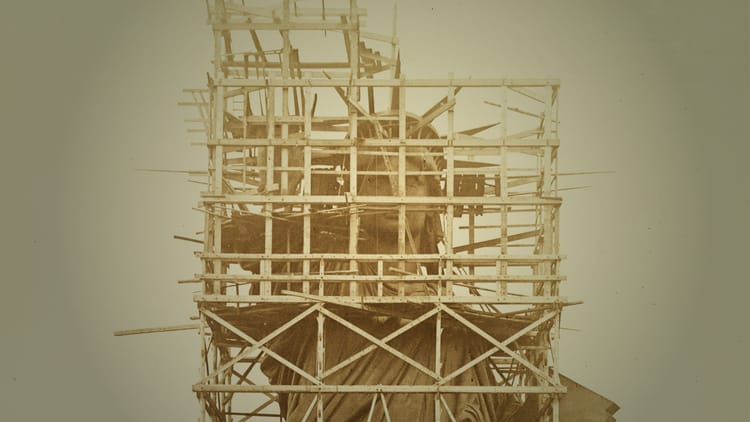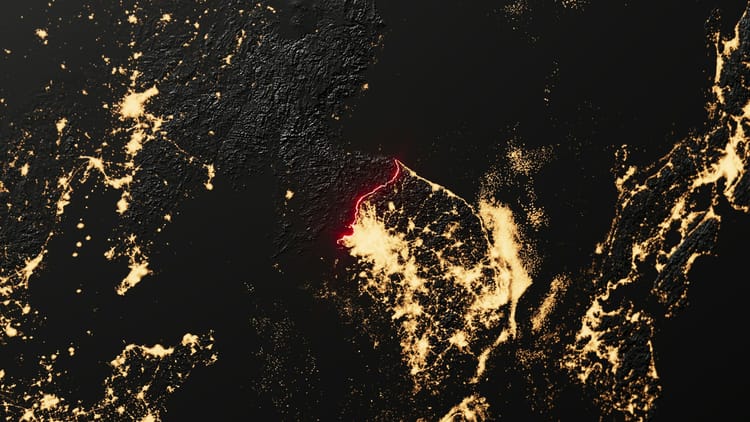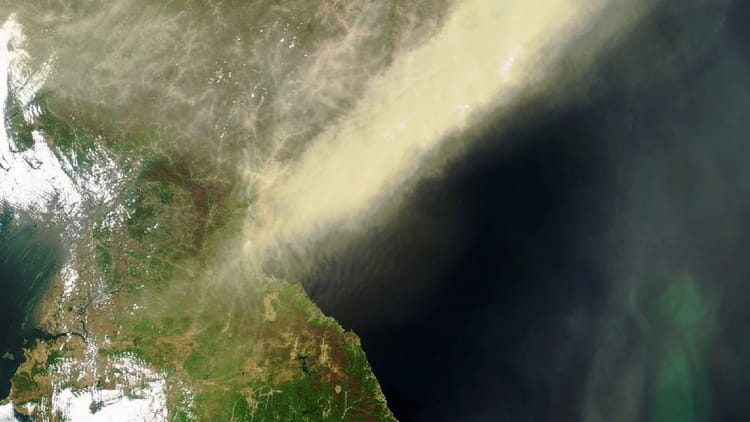Wrong place, wrong time

No American had been arrested on charges of espionage in Russia since the Cold War—until Evan Gershkovich, a reporter for The Wall Street Journal, was in March 2023. The charges against him are baseless. (In fact, they have nothing to do with Gershkovich, apart from him being a high-profile American reporting from Russia in the middle of its indirect standoff with the United States over the war in Ukraine.) But they’re not unusual.
In recent years, it’s become increasingly common for autocratic governments to use arbitrary detention—effectively, hostage taking—as a way to exert pressure on rival governments. It’s a tactic once associated almost exclusively with terrorists. A decade ago, only China and Iran had started appropriating it. But by last year, some 15 states were using it against the U.S. alone. What’s going on?
Jason Rezaian is a columnist for The Washington Post. In 2014, while working as the Post’s bureau chief in Tehran, Rezaian and his wife, Yeganeh Salehi, were arrested by Iranian police. Salehi was later freed, while Rezaian was indicted on charges of spying, collaborating with hostile governments, and propaganda against the Iranian establishment. He was released in January 2016, after 544 days in prison.
For Rezaian, the events that led from his initial detention to his ultimate use as a hostage were in some ways peculiar to the internal dynamics of the Iranian regime at the time. But the tactic has proven effective enough that autocrats around the world are now using it more and more. As the incentives to do this get stronger, Rezaian says, they put the U.S. and other affected countries in an accelerating race to counter them …
John Jamesen Gould: When you were first arrested, how much of a surprise was it that this was happening to you?
Jason Rezaian: In the years I’d been living in Iran—and even before then, when I’d gone to report from Iran for weeks or months—there were times when I’d been nervous about it.





